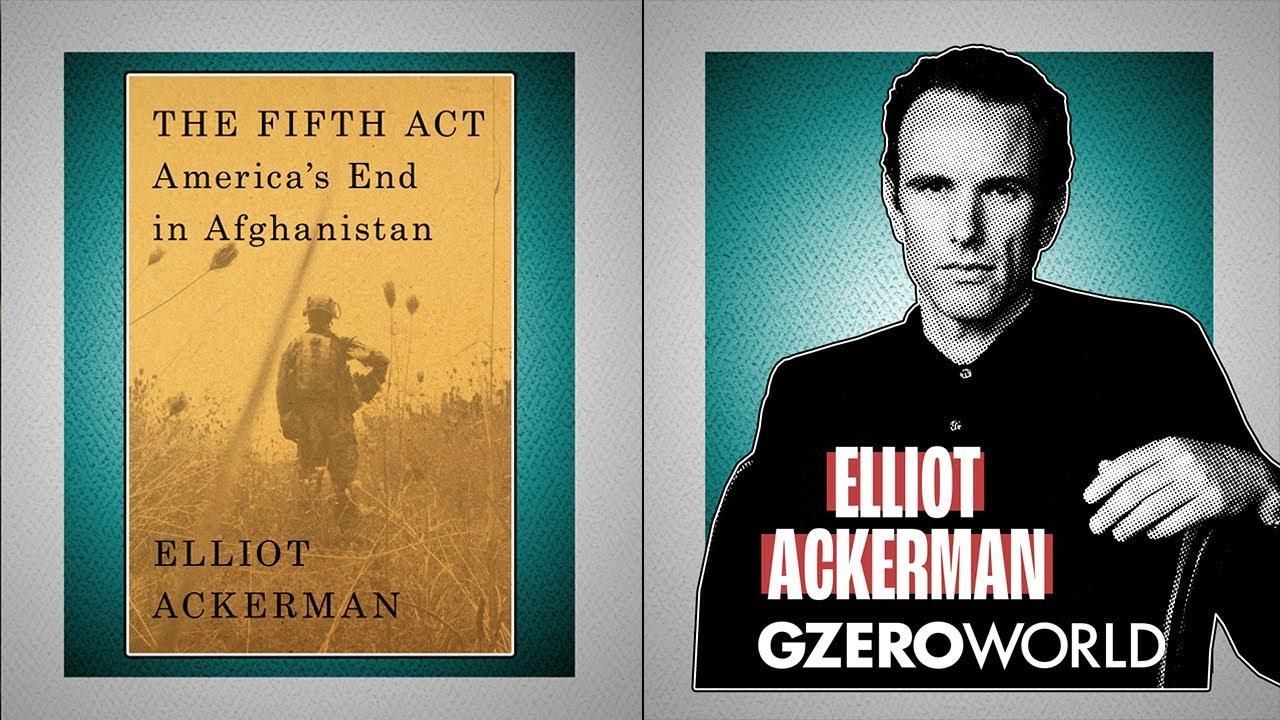
On Aug. 15, 2021, the Taliban swept back to power in Afghanistan, after the US departed following two decades of war. Ian Bremmer speaks to former Marine and author Elliot Ackerman on GZERO World. According to Ackerman, when it comes to the Russian invasion of Ukraine, the US had a degree of objectivity it had lost after 20 years in Afghanistan. The war, he explained, had come to define our military thinking and intelligence capability because the US was involved there for such a long time.
The US could have done a better job getting out of Afghanistan, according to Ackerman. Requests for an evacuation plan fell on deaf ears in the Pentagon and the White House, especially when it came to securing visas for Afghans who had helped the US military effort.
For Ackerman, leaving no man behind was part of a code of honor when he served as a Marine in the United States military. But that principle was not followed when American troops departed Afghanistan a year ago. Troops, he said, were expected to turn their backs on allies they had worked closely with for 20 years. Ackerman also shares his thoughts on whether an all-volunteer military is what America needs amid deeply dysfunctional domestic politics.
This interview was featured in a GZERO World episode:The fallout from US Afghanistan withdrawal: a Marine's perspective
- The fallout from US Afghanistan withdrawal: a Marine's perspective ... ›
- NATO's darkest chapter: Afghanistan withdrawal (in contrast to unity ... ›
- US Afghanistan withdrawal: a “digital Dunkirk” - GZERO Media ›
- Afghanistan: Four key failures - GZERO Media ›
- Geopolitical fallout over US exit from Afghanistan less than feared ... ›